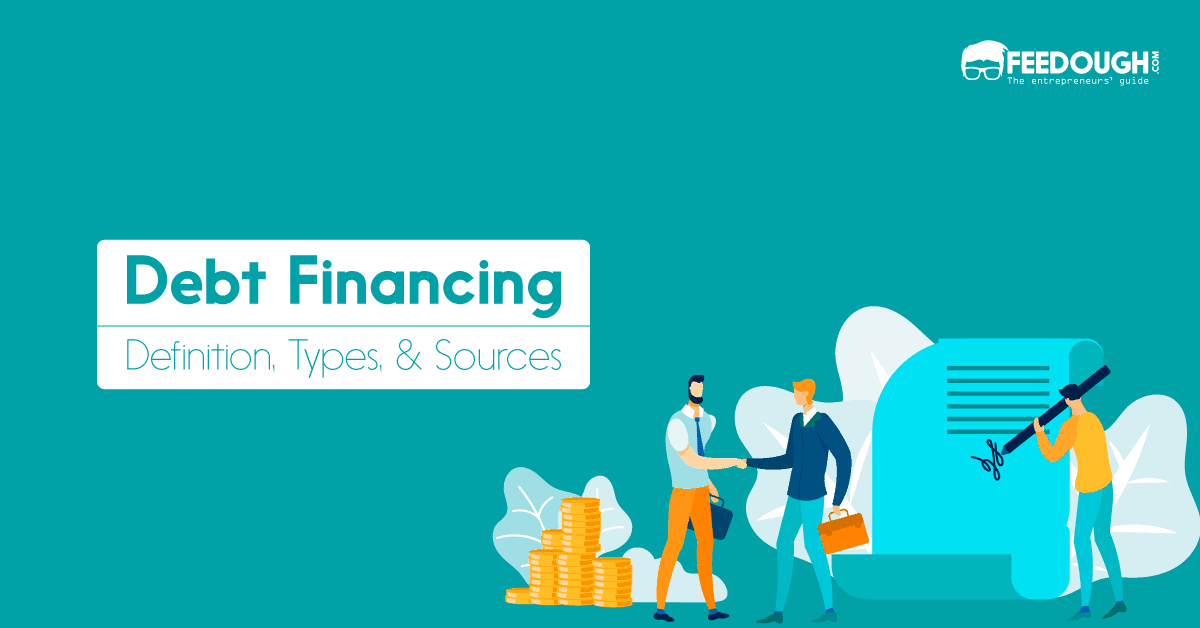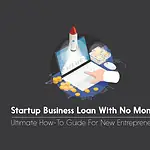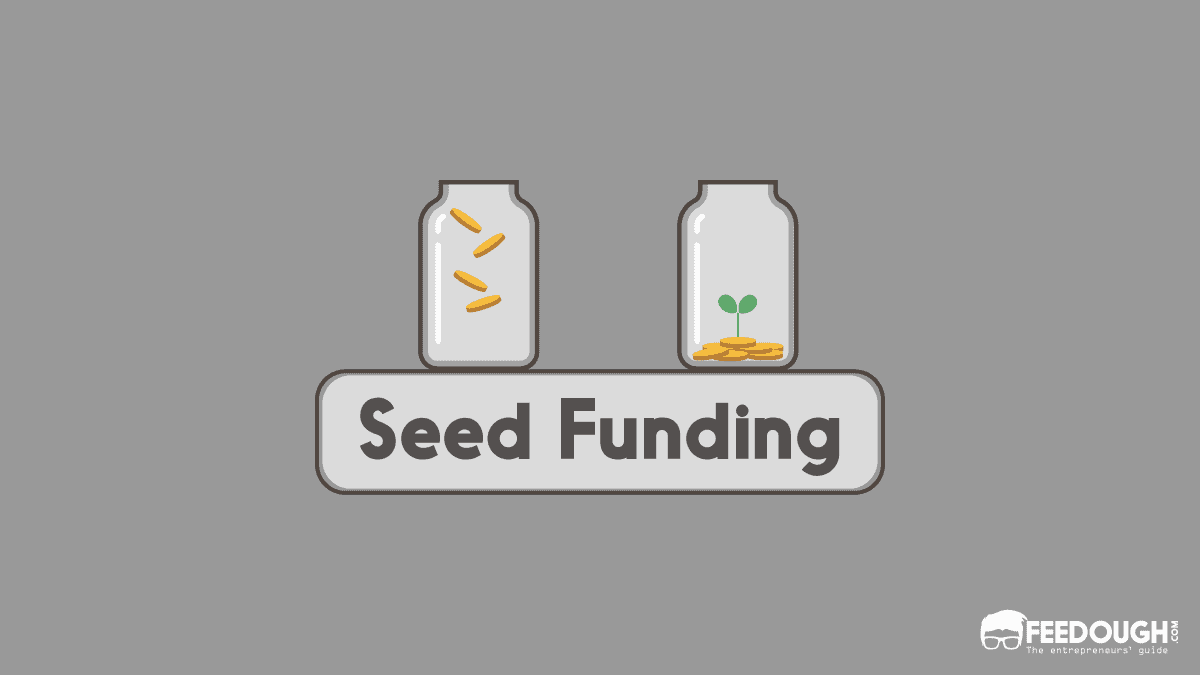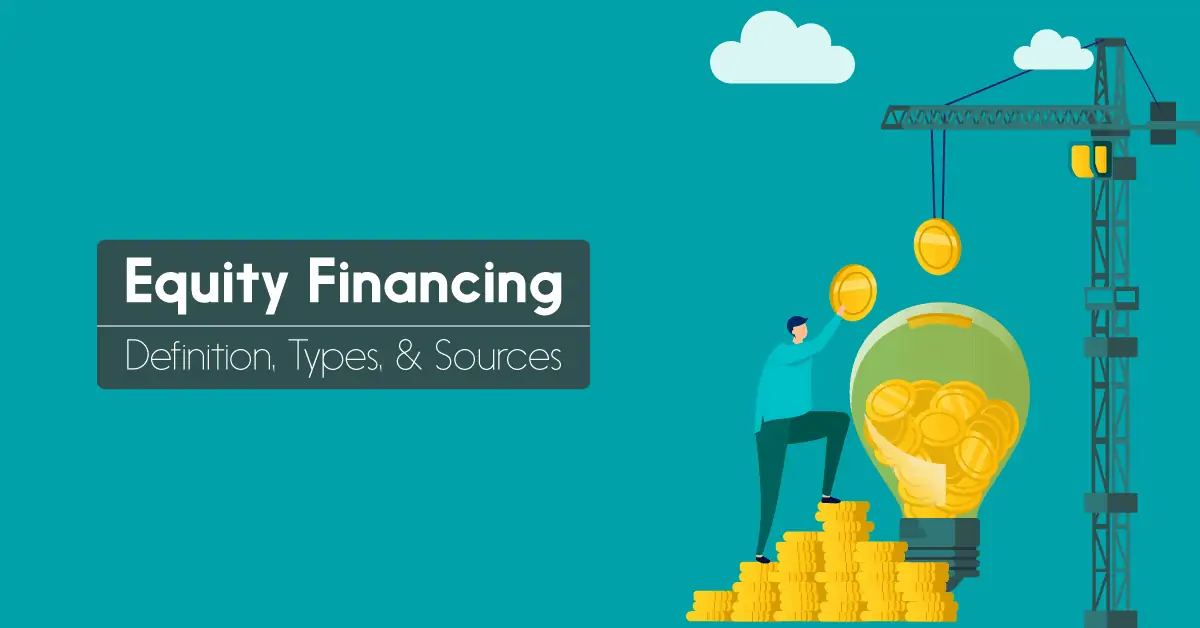When people talk about business financing, they tend to limit themselves to debt financing and equity financing. Even though a new form, crowdfunding serves as an alternative to such traditional methods. It is the platform for small businesses or early-stage startups to materialise their business idea through easy finance from a large number of people.
Crowdfunding democratises the fundraising process. Through this process, a business owner raises small amounts of money from a large number of people. Moreover, this revenue model isn’t limited to just one fundraising model. Business owners can raise money by combining crowdfunding and traditional methods. In fact, there exist four different types of crowdfunding models that exist today – donation crowdfunding, debt crowdfunding, equity crowdfunding, and rewards crowdfunding.
Rewards-based crowdfunding is the most popular method for crowdfunding among all. Where practising other methods lead to dilution of control by giving up equity or carrying liability to pay back, this approach relieves entrepreneurs from that burden.
What Is Rewards-Based Crowdfunding?
Rewards-based crowdfunding is a business and project financing method where business owners solicit funds from a large number of people in return for a non-financial reward.
This fundraising method results in a win-win proposition for both the donors and fundraisers. The fundraisers get the funds they require to build their projects or businesses. On the other hand, the donors receive goods or services based on their amount of investment in the project or business.
Usually, rewards-based crowdfunding is the practice of securing orders for a business or project before launching a new offering and building the customer base while the business raises funds.
Not only funds, but crowdfunding also brings a good cause to the donors. They tend to support a developing project or business and give it the needed initial push it requires to set its base.
For a reward, the business can offer anything ranging from the product or service they wish to offer in future or unique experiences like exclusive access to events, parties, conferences, webinars, etc. It can even include simple rewards like recognition on the website or artist offering, etc.
Moreover, as the pledged amount increases, the value of the reward offered also increases.
Who Can Use Rewards-Based Crowdfunding?
Usually, artists, small businesses, and startups use rewards-based crowdfunding to raise money. What sets this fundraising method apart is that it helps validate the offering’s or business’s demand even before it is launched in the market.
Moreover, rewards-based crowdfunding is an attractive fundraising option because of its no-money-payback advantage
It leads to a win-win situation where a large audience experiences something new and at the same time provides quality feedback to the business. The practice of social media sharing is an added benefit to help the newcomers in gaining validation for their products. The entrepreneurs, in this way, can estimate the success of their venture and decide upon the future plans of their company.
Who Can Grant Funds?
Anyone can contribute and back up the organisation by funding it. Usually, entrepreneurs launch projects on specialised crowdfunding platforms where potential customers are targeted with attractive rewards.
Moreover, strategies like scarcity principle, FOMO, etc., are used to make the fundraiser attractive to the potential funder.
How Does Reward-Based Crowdfunding Work?
To raise capital, entrepreneurs usually display their objectives, business ideas, and projects on online crowdfunding platforms like Republic, Kickstarter and Indiegogo. The fundraising process involves four steps:
- The entrepreneur lists a project or business to be funded on a crowdfunding platform. They mention the rewards, timeline, and the deadline for the fundraiser.
- The entrepreneur markets the fundraiser on social media and other marketing channels. They usually target potential customers who could be triggered by FOMO and the scarcity principle to fund the business and try out the offering.
- Interested funders contribute to the project, and the amount is added to the fund after charging the platform’s fees.
- The contributors are rewarded based on their contribution amount. The rewards are mainly divided into four categories:
- Pre-orders: Pre-orders refer to ordering and paying for the offering before it is launched in the market.
- Actual Offering: It can be an actual offering offered in tiers according to the contributed amount.
- Services: It includes the entrepreneurs providing special services in exchange for support. Such services could range from one-to-one consultations to offering to write code for the supporters.
- Recognition: Contributors receive certain acknowledgements for their grants. The company can display their name on their website, mentioning them as contributors or send them a T-shirt for the particular campaign.
Rewards-Based Crowdfunding Platforms
Technically, rewards-based crowdfunding found its way in the fundraising scenario only after the advent of the internet and certain crowdfunding platforms like the following:
- Kickstarter: It is a fundraising platform for creative and artistic projects. Individuals ranging from different fields, including music, art, technology, dance, games, utilise this platform for backing their projects. If the fundraising goal is successfully achieved, 3-5% of the total amount raised will be charged to a fee. However, if the campaign is unsuccessful, there will be no fee, and the organisation would have to surrender any amount raised.
- Indiegogo: Indigogo is also one of the first crowdfunding platforms to emerge in the USA. It mainly allows individuals to solicit funds for startups, charity or any business venture. Unlike most, this site allows one to keep the funds generated whether the initial summoned amount has been achieved or not. It charges 5% of the amounts raised instead of the goal decided.
- Republic: Republic enables people to invest in vetted private startups in return for equity and specific rewards. While not entirely a rewards-based crowdfunding platform, there are tiers where all investors get is a reward to invest in a startup. The platform collects 6% of the total amount raised and 2% of securities offered in successful financing.
Benefits Of Rewards-Based Crowdfunding
- Allows pre-seed and seed funding: It helps in generating the funds needed to execute the business idea in mind. It is not the easiest but the cheapest way for fundraising.
- Helps to establish a customer base: Rewards-based crowdfunding an easy way to build brand awareness in the audience. It is an opportunity to build a strong network of supporters who would come up in the future.
- Helps validate an idea: Since rewards-based crowdfunding targets potential customers to invest in the project or business, it helps validate if the offering actually has demand in the market or not.
- Prevents equity dilution: This fundraising method doesn’t involve equity dilution – the business ownership remains in the hands of existing shareholders.
- It is simple: Unlike equity and debt financing, the reward-based financing process is simple and does not require professional aid.
Challenges to rewards-based crowdfunding
- Unsuitable for early-stage companies: Fundraising through this method is essentially suitable to small startups and businesses at their initial stages
- Unsuitable for large funding: As businesses rely on individual donations, rewards-based crowdfunding might not be the best option for those seeking large funding rounds.
- All or nothing policy limitation: the platforms sourcing the funding generally operate with an all or nothing policy. The company will have access to the funds only if the whole amount summoned is generated, otherwise, it would have to forfeit the whole amount.
Go On, Tell Us What You Think!
Did we miss something? Come on! Tell us what you think about our article on rewards-based crowdfunding in the comments section.
A startup enthusiast, optimist and full time learner. With keen interest in finance and management, Khushi believes communication to be the key to every management. Always ready to explore more and walking that extra mile in putting efforts.
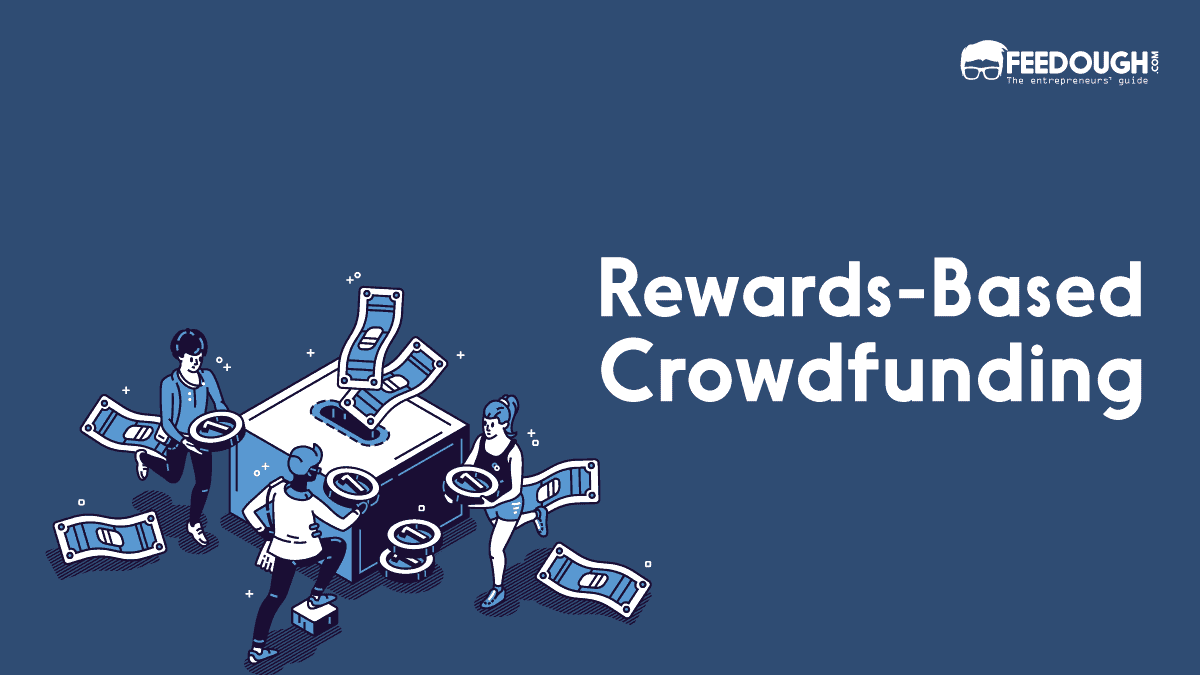

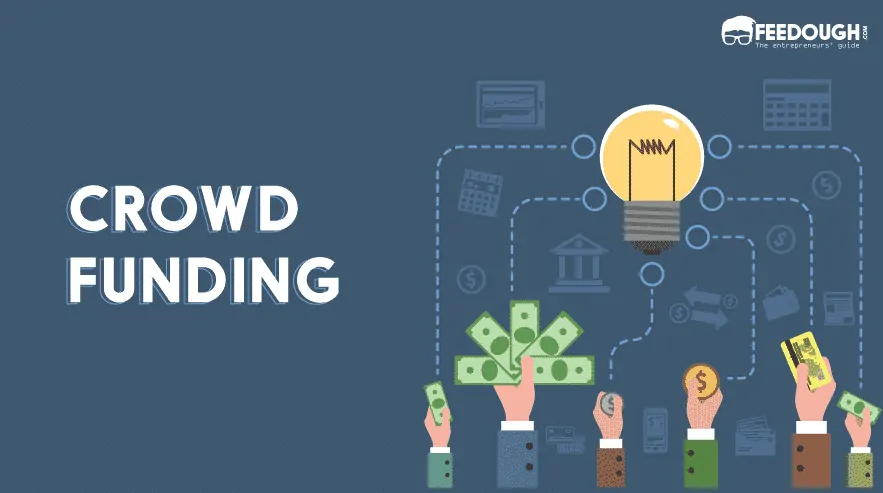
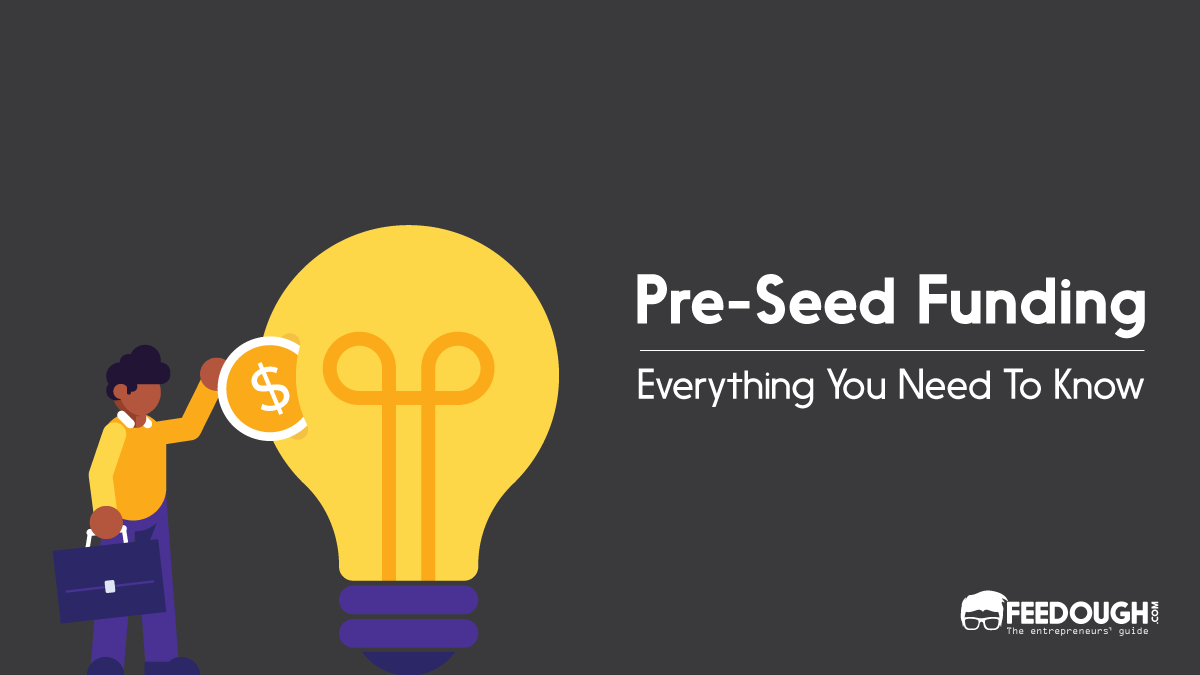
![How To Get Startup Funding [The Complete Guide] startup funding guide](https://www.feedough.com/wp-content/uploads/2022/08/startup-funding-guide.webp)
